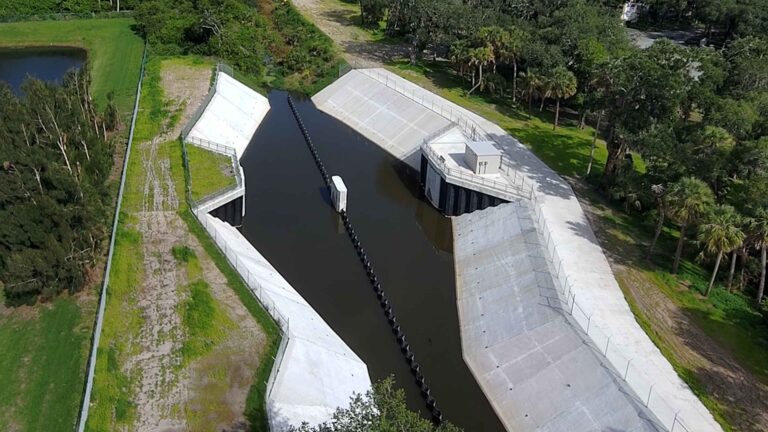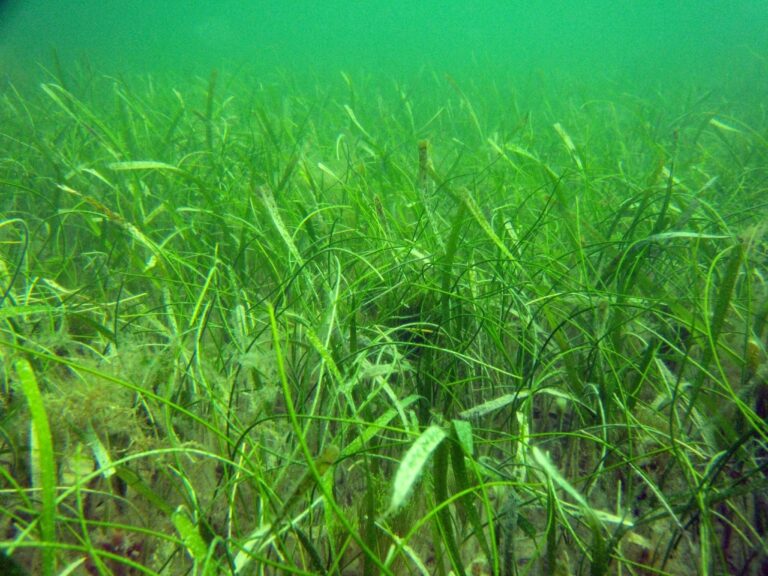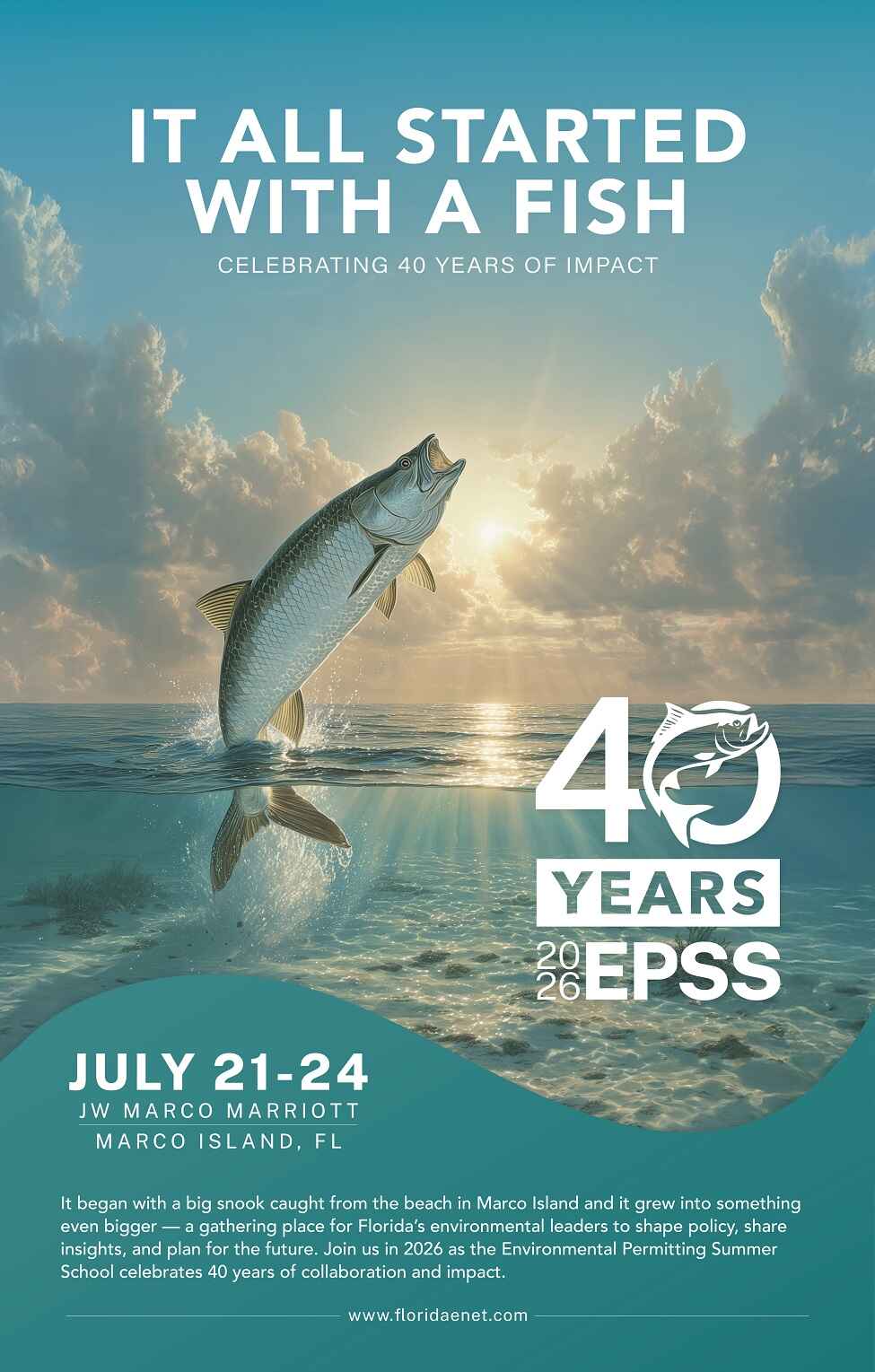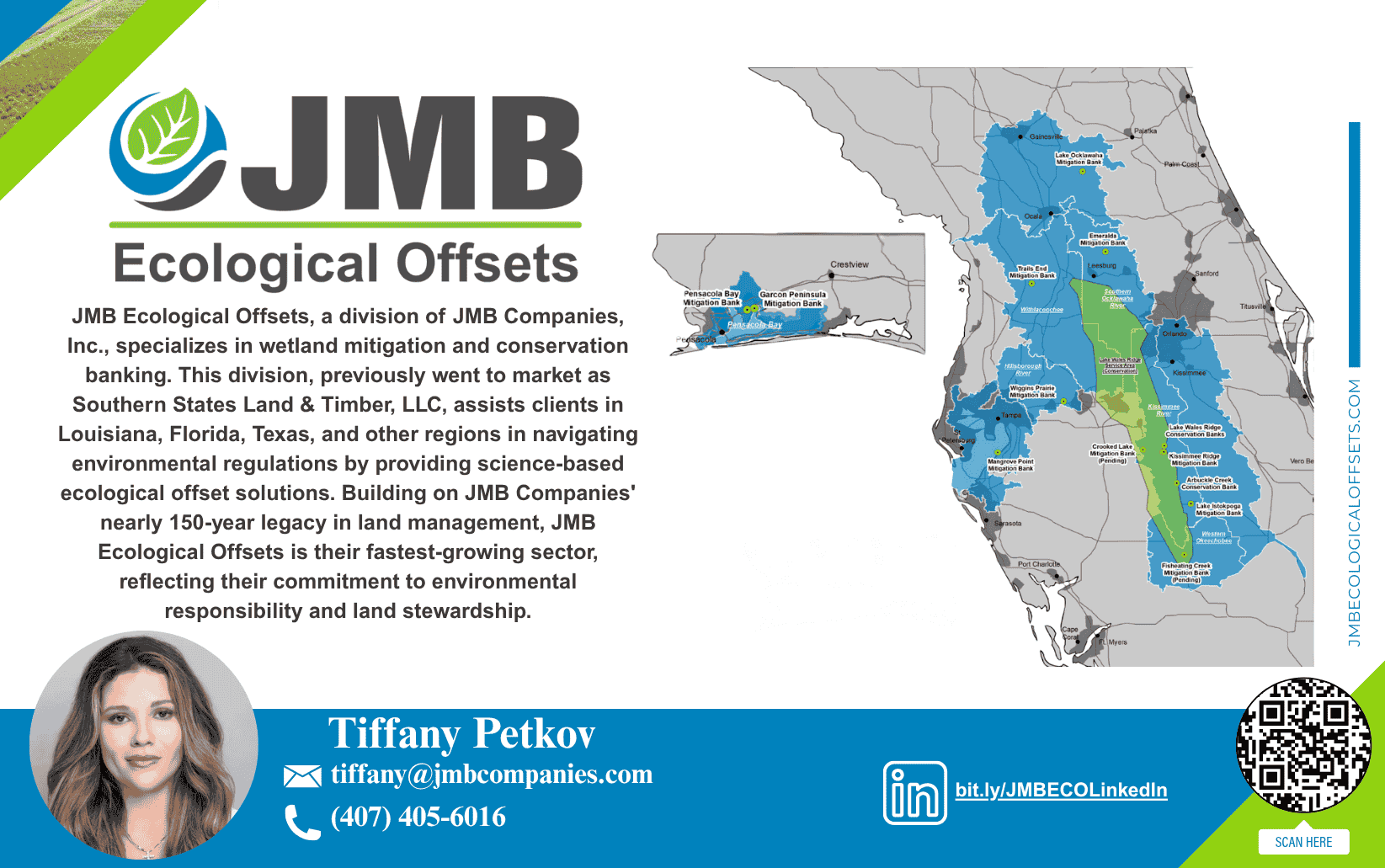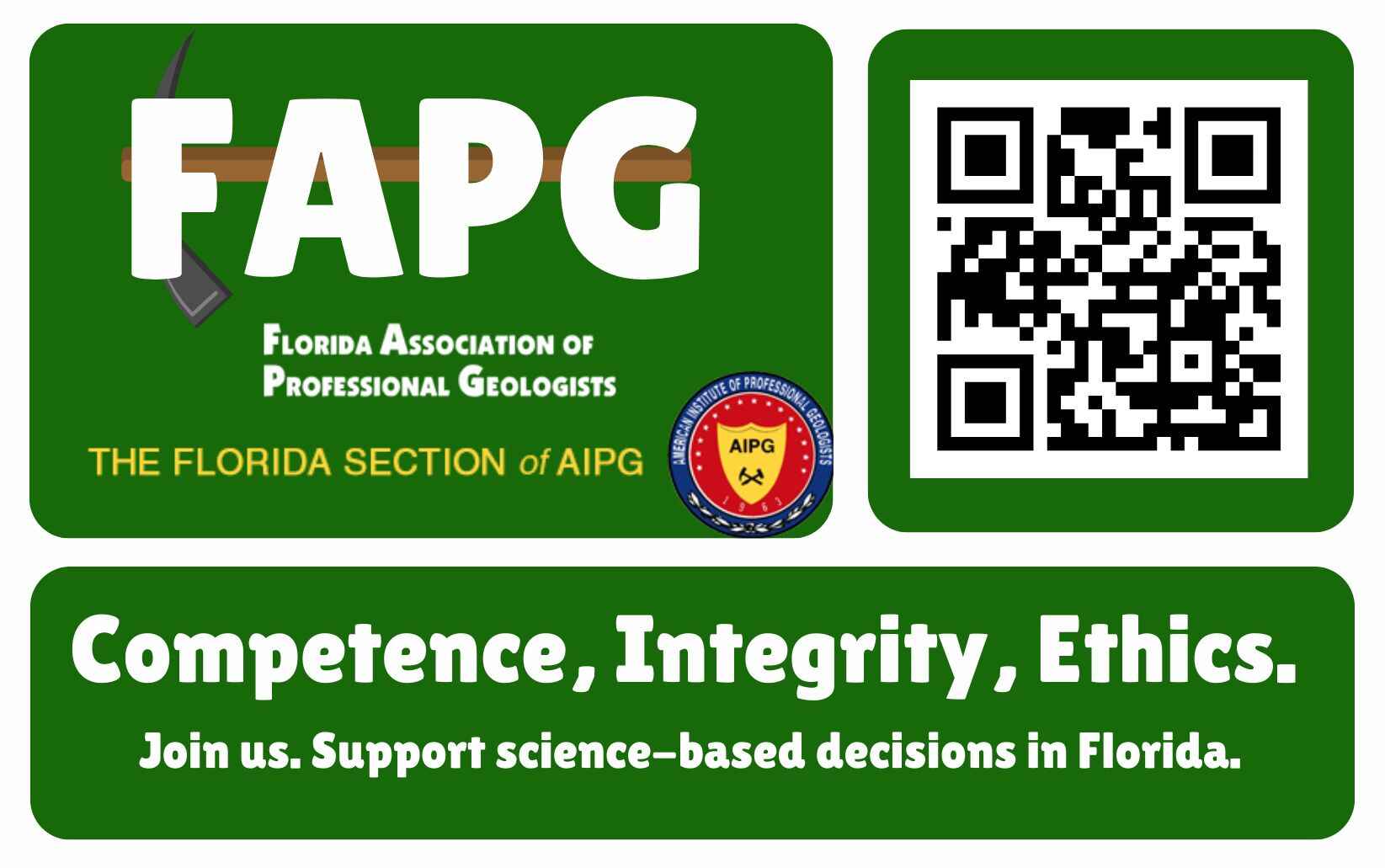By LAUREN CLAERBOUT
For decades, the Florida black bear was a symbol of conservation concern. Once listed as a state-designated Threatened Species in 1974, its future was uncertain. Today, however, we celebrate a remarkable turnaround — one that showcases the power of sound wildlife management and dedicated partnerships.
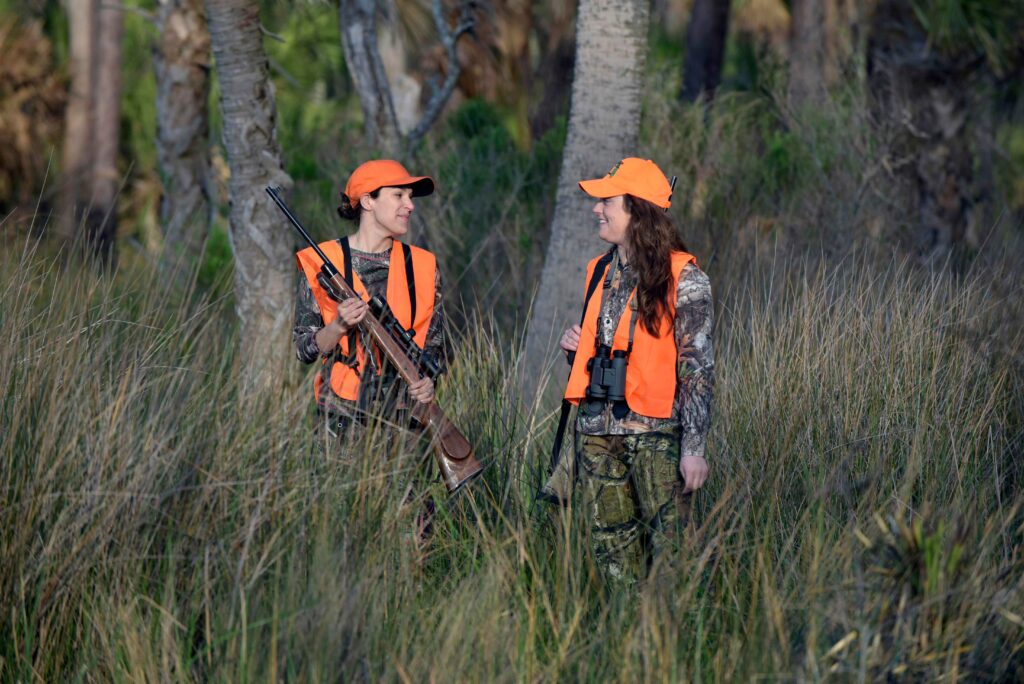
Thanks to the collaborative efforts of the Florida Fish and Wildlife Conservation Commission (FWC), state and federal agencies, local governments, non-profit groups, residents, and businesses, the black bear population in Florida has rebounded from just several hundred bears in the 1970s to over 4,000 today.
The FWC estimates that the four largest subpopulations have grown annually since 2015, and no subpopulations have shown evidence of decline. This resurgence is not just a victory for conservationists; it’s a win for all Floridians. A healthy and well-managed black bear population means we can provide opportunities for responsible wildlife stewardship, including regulated hunting.
At the recent Commission meeting in Ocala, Commissioners of the FWC voted to approve changes for bear hunting in Florida. These changes are expected to be brought back before the Commission at its August 2025 meeting for a final hearing, and if approved, they would take effect during the 2025–26 hunting season.
For the first time in a decade, Florida may allow regulated black bear hunting in areas where bear populations are increasing and healthy, providing sportsmen and women the opportunity to participate in an activity that is both culturally significant and a biologically sound method to slow bear population growth.
Hunters play a crucial role in conservation. Each hunting license sold factors into a formula determining the federal grant funding a state receives through the Wildlife Restoration Program. The more hunting licenses sold in Florida, the more funding the state receives for public access to wildlife resources, hunter education, shooting range development, habitat improvement and conservation, and science-based wildlife management, which benefits both game and nongame species.
The potential return of bear hunting is not about exploitation — it is about sustainability. Science-based management ensures that Florida’s black bear population remains healthy. Hunting is a proven conservation tool, and its implementation demonstrates the success of decades of conservation efforts.
FWC’s mission is to manage fish and wildlife resources for their long-term well-being and the benefit of people. That means ensuring that future generations can enjoy the same abundant wildlife and outdoor experiences we cherish today.
The Florida black bear’s journey from a threatened species to multiple huntable subpopulations is a testament to what can be accomplished through cooperative conservation and responsible management.
FWC’s mission is to ensure that Florida’s wildlife continues to thrive. The black bear’s comeback story proves that with dedication, science, and community support, Florida can achieve remarkable conservation victories. The Florida black bear is back, and with careful stewardship, it will remain a vital part of our state’s natural landscape for generations to come.
More information about regulated black bear hunting in Florida can be found at MyFWC.com/BearHunting
Lauren Claerbout is the public information coordinator for the Division of Hunting and Game Management at FWC.






